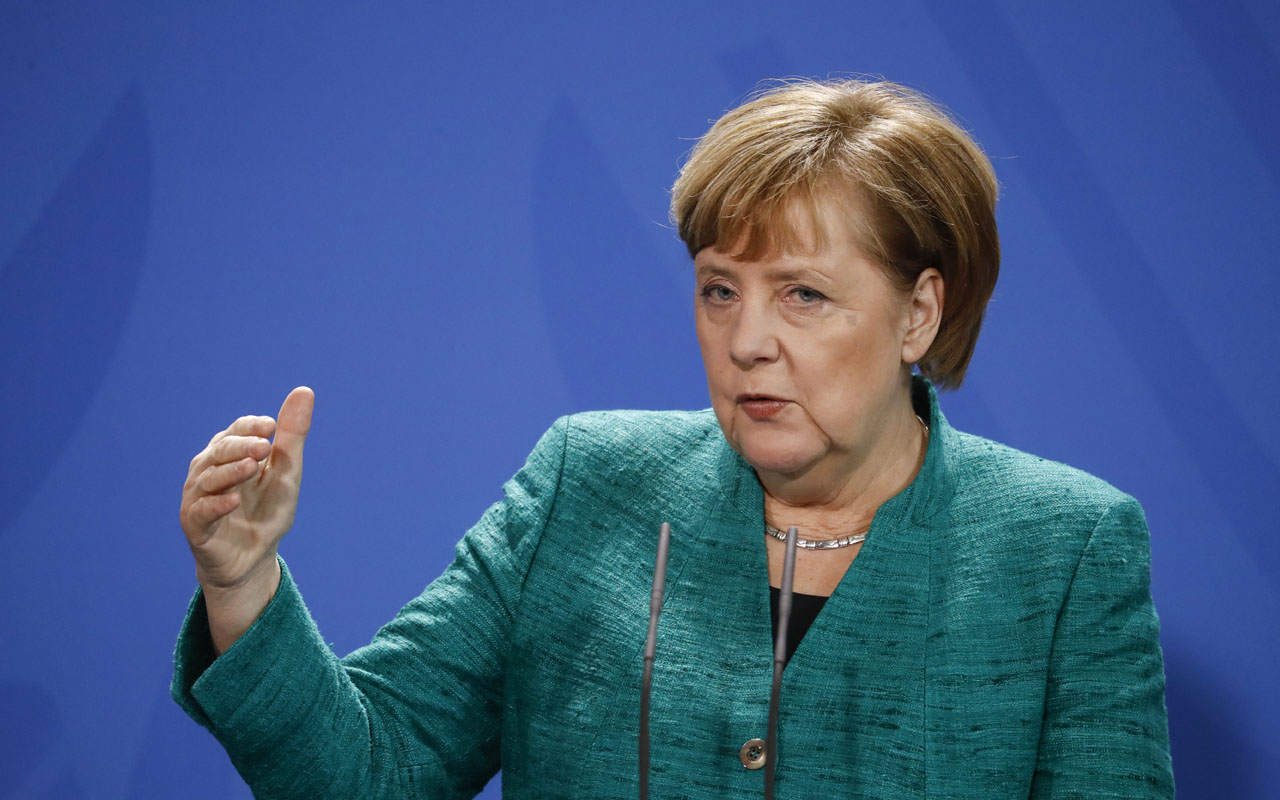The Nigerian Electricity Management Services Agency (NEMSA) has launched an inquiry into rising levels of complaints about faulty electricity meters by distribution companies.
NEMSA regulates the use of electrical materials, equipment and instruments for safe power delivery in Nigeria, described malfunctioning meters as worse than estimated billing.
NEMSA Managing Director/Chief Electrical Inspector of the Federation, Peter Ewesor, told journalists that one of the distribution zones being investigated is the areas covered by the Kaduna Electricity Distribution Company, KEDC.
In an interview, Ewesor disclosed that his agency has banned deployment of untested or uncertified electricity meters by Discos.
He warned distribution companies to always subject their meters to the necessary tests and certifications, many others were defaulting.
“Before installation, every meter or metering equipment shall be submitted by the distributor to a meter test station for routine tests and certification. Certification shall be confirmed by the attachment of a seal or certification sticker for the individual meters and metering equipment. The following types of tests are mandatory before deployment of meters and/or for their continued use in NESI. These are type test, routine test, and recertification”.
“Type test is carried out on sample of a new meter type intended to be deployed by distribution companies and others to ensure that the meter meets the general codes before they are accepted for mass procurement and deployment in the Nigerian Electricity Supply Industry (NESI) or any other party.”
He further disclosed that routine tests are carried out on meters whose samples have passed type test and which are to be mass deployed.
“The test is to ensure that a representative percentage of the total number of the meters meets the specification of the approved type tested meter and all specifications outlined in the Nigerian Metering Code and other international codes. In particular, it is carried out to ensure compliance with insulation properties and accuracy requirements,” he stressed.
According to NEMSA boss, recertification test is mandatory for meters that have been in use for over two years, as such meters must meet the general requirements of the routine test and is carried out either on-site or off-site, he explained.
Besides, he argued that all meters in service for two years or more must be recertified to ensure that they continue to meet the accuracy limits set out in the metering code and other international standards, and for integrity and accountability of billing.
“All meters to be deployed in the Nigerian Electricity Supply Industry must meet the mandatory testes requirements specified in the Nigerian Metering Code Version 02.









